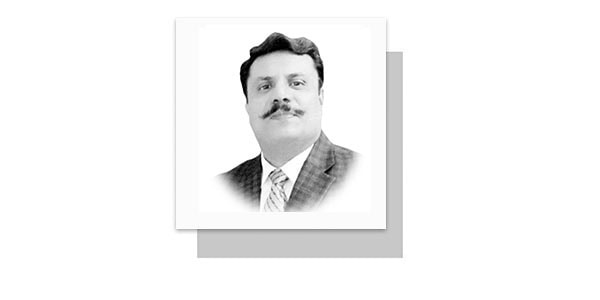IT is often said that after faith, health is Allah’s greatest blessing. However, we tend to take this gift for granted, only realizing its true worth when it is lost. Mental and physical health are truly valuable assets and we must cherish them. This truth is even more profound when we consider children who have physical or mental disabilities due to birth defects or accidents. These children often called “Special,” face unique challenges. Their limitations make it difficult to integrate them into society and their families are often unwilling to include them in social gatherings. These children have abilities different from others and require special care and training.
Unfortunately, awareness of the needs of special children in our society is limited and many parents are unfamiliar with the best ways to support their education and development. Pakistan has a high number of persons with physical and mental disabilities. According to UNICEF and the World Health Organization (WHO), approximately 10-13% of children in Pakistan have some form of disability, which may include mental, physical, visual or hearing impairments. Approximately 3.5 million children are affected by disabilities—some are born with these conditions, while others acquire them through accidents or illnesses. Labelling these children as “disabled” often overlooks their unique abilities. These special children are a unique creation of Allah.
With proper care and support, they can find a place in society. They are a blessing to us and we must ensure they are included and acknowledged. In Pakistan, there are various public and private organizations working to educate and nurture these children. Although the number is insufficient, special educational institutions and training centres have been established to provide these children with targeted education. Some schools have inclusive classrooms where children with diverse abilities learn together which boosts confidence and prevents social isolation. While some NGOs are involved in these efforts, a lack of awareness often limits the success of these initiatives. Unfortunately, our society still lacks an understanding of these children and their needs. Families and communities often do not fully accept these children. In some cases, these children are misunderstood and may be separated from their siblings.
Parents avoid taking them outside, viewing them as a burden or punishment. This makes these children feel isolated and deprived. Recently, Punjab Chief Minister Maryam Nawaz launched the “Himmat Card” project for people with special needs and laid the foundation for Pakistan’s first government-run autism school. This is considered an important step for special children. In my opinion, having female staff is important for girls with special needs, as it creates an environment that makes them feel comfortable and safe. Our society must understand that these children are not a burden but rather special people who deserve our support. Their families should help them unleash their potential, instill confidence in them, and help them stand on their own.
—The Lahore-based writer is a senior journalist, analyst, researcher and author of over 50 books.










